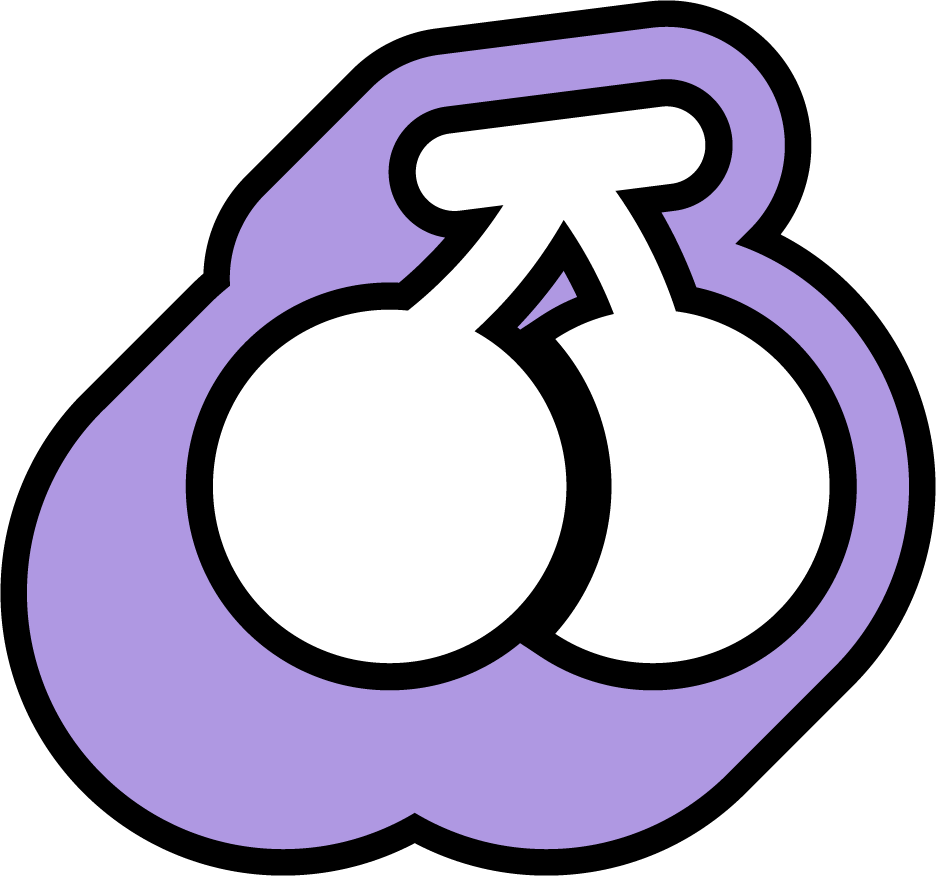How B.I built back his success
We spoke to B.I fans about his growth as a solo artist while queuing for his sold out show in London.
Kim Han-bin, known professionally as B.I, performed a sold out show in London. Image: Neranjana Elapatha for Cherry Chu Magazine.
Kim Han-Bin, professionally known as B.I, hasn’t taken the smooth path in K-pop. There has been depth, controversy, and much character growth as a member of the popular group IKON. All of this made him who he is today: the first K-pop solo male artist to hit 10 million views on YouTube within 24 hours and the first to perform for Grammys.com Global Spin series.
The buzz that surrounded IKON at the peak of their popularity, following their debut single “My Type”, which sold over one million copies, was immense. The group’s hip-hop music and their own identity resonated with fans worldwide, but the group encountered a hurdle. This hurdle would change the trajectory of both Kim Han-Bin and IKON’s fate forever.
In 2019, the truth broke about B.I’s drug scandal, however, B.I left IKON that same year. Despite the harsh reality of K-pop cancel culture, B.I rose from the ashes and created his own brand, debuting as a solo artist in 2021 with his first studio album WATERFALL. He moulded a concept that wasn’t in line with the ‘picture perfect’ idol and instead truthfully represented him. And it worked.
Fast forward two years to 2023…
I’m standing in a queue brimming with anticipation and fans excited to see B.I in his sold out show in London. I spoke to some fans on what they thought of B.I’s journey in K-pop.
Mallow, like many, became a fan of B.I. through IKON: “If you have been in the fandom for a while, you know the treatment when you are an idol. I don’t blame him. I am just happy he is back”.
Nav became a fan of IKON when she heard the song My Type: “At the time [the scandal] was shocking but seeing how far he has come now it’s great to see. You don’t see many people that leave their group and become great.”
Cancel Culture and K-pop: Two sides of the same coin?
The expectation of K-pop idols to be perfect is complicated. When cracks begin to show, no matter how small, the idol undergoes huge scrutiny from the public.
I spoke to Dr Seryun Lee Research Professor at Hankuk University of Foreign Studies. She speaks about cancel culture in the K-pop industry: “K-pop idols are often regarded as cultural products, shaped through rigorous and lengthy training, guidance and management by entertainment management companies or agencies. Within this system, trainees, who are typically teenagers, and at times, even primary school students, selected by these companies, undergo extensive training for many years before their debut.”
By the time idols debut, entertainment companies have invested time, energy but most importantly, money to curate them into icons of politeness, courtesy, diligence, and respect – virtues which are highly regarded in South Korean society.
She continues: “Cancel culture can be understood as part of the industrial and commercial logic, reflecting how these companies avoid risks and mitigate the consequences of unacceptable behaviour.”
I asked her why punishment is so dire in South Korean society, especially in the possession of drugs. I compare it to Hollywood; many wouldn’t bat an eye if a celebrity did the same. She says, “I think it is also worth noting that K-pop idols are typically part of groups rather than solo artists. The unacceptable behaviour of one member can potentially harm the entire team and their company’s career.”
Given the gravitas of drug scandals in South Korea, the possession and use of drugs is more than enough to ostracise someone within society; this is only heightened when the individual is in the public eye. I asked Dr Seryun Lee whether B.I’s ‘cancellation’ was the catalyst for his evolution towards a successful solo career. While expressing that it’s too early to determine, she refers back to a well known example; Jay Park.
After leaving the group 2PM due to controversy surrounding negative comments towards South Korea, Jay Park made a comeback that arguably resulted in more fame for him than the duration of the group’s success.
Dr Seryun explains: “Many Korean celebrities who have been involved in controversies and scandals have successfully returned to their fields. Whether and when their apologies are accepted, and people feel comfortable with their public presence again, really depends on the specific case.”
From scandal to a sold out show
Often artists are idolised by fans (hence the term K-pop idol), but B.I immediately bridged the gap between fan and artist. His interactions with fans were spontaneous and natural. He joked about the crowd’s pitchy singing, checked that the crowd had enough space between songs, and asked for the meaning of certain British slang (particularly the word ‘peng’, which left him confused).



Images: Neranjana Elapatha for Cherry Chu Magazine.
The dance routines, the music, and the vibe overall were unprecedented. Time went by so quickly, being immersed in his performance, his music, and his crew. It was a concert like no other.
Dancing was mandatory; he wanted the fans to look like a sea of waves, directing when to jump and when to raise their hands. He also ensured that there wasn’t a bad seat in the house, interacting in equal amounts with those in both the standing and seated areas. He even walked through the crowd to take selfies with lucky fans on his way to the back of the arena.
The concert created a full circle to his journey. It was as if the past, present and future were on his shoulders, and he represented that in every music he sang. If anyone wasn’t a fan of B.I in that stadium, I can’t imagine them still not being one after witnessing his performance.
Edited by Chelsea Cheetham.

